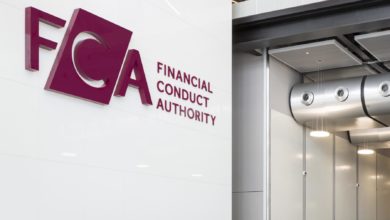
The International Ethics Standards Board for Accountants (IESBA) has released its five year strategy and work plan as well as priorities for setting future-ready ethics standard.
Titled ‘Elevating Ethics in a Dynamic and Uncertain World’, the publication describes the board’s strategy and priorities toward the setting of high-quality, future-ready ethics standards for professional accountants that are adopted around the world.
The development of the strategy was informed by “broad-based stakeholder input” over the last two years, including a survey of stakeholders and a public consultation paper.
Building on the newly revised and restructured International Code of Ethics for Professional Accountants (including International Independence Standards) which will come into effect in June 2019, IESBA sais its strategy features three inter-related strategic themes:
- Advancing the relevance and impact of the Code, through maintaining a global Code fit for purpose in the evolving environment, and further raising the bar on ethics;
- Deepening and expanding the Code’s influence, through increasing global adoption and effective implementation of the Code; and Expanding the IESBA’s perspectives and inputs, through proactively engaging and seeking cooperative avenues with stakeholders.
- Supporting the achievement of these strategic themes is a comprehensive and ambitious Work Plan. The Plan outlines commitments, priorities, planned actions of the Board and key milestones, including continued strong coordination with the IAASB as and where needed.
IESBA chairman Dr. Stavros Thomadakis, said: “This new Strategy and Work Plan embodies our clear determination to pursue global public interest objectives and outcomes, underpinned by our firm belief in the centrality of Ethics and in a unified Code for all professional accountants.
“The priorities and actions in the SWP have been calibrated to safeguard the relevance of the Code in an era of changing technologies, business methods and public expectations, and to reinforce its role as a linchpin of public trust in the profession.”







